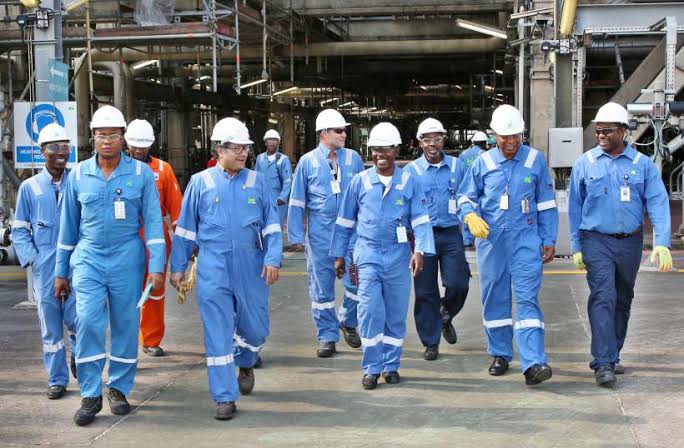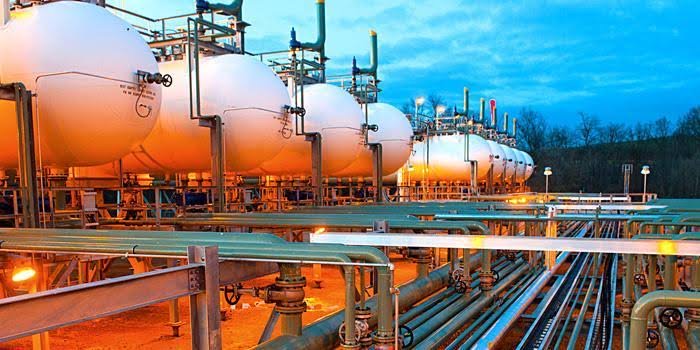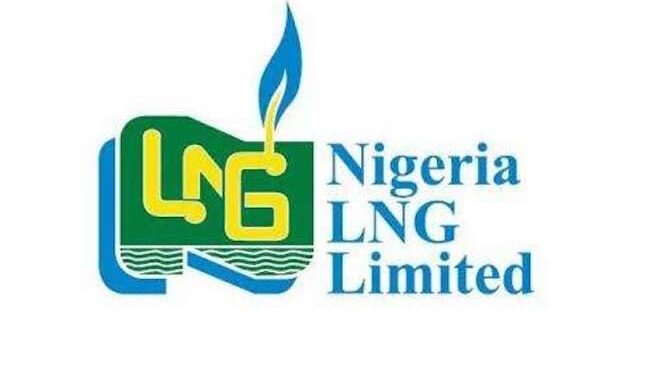The Nigerian Liquefied Natural Gas (NLNG) Limited’s revenue share has plummeted 43 percent due to ongoing gas supply issues, raising concerns among several industry experts about the growing headwinds hitting the oil and gas sector, the country’s economic lifeline.
Nigeria LNG Limited (NLNG), owned by the Federal Government of Nigeria and three international oil majors, has recorded a decline in production due to gas supply shortages, which also poses a threat to the company’s expansion plans.
Data from Nigeria’s fiscal position shows that the Federal Government’s actual revenue from NLNG share in 2023 will be N46.2 billion, down 43.5 percent from the planned target of N81.79 billion.

“Nigeria’s deep water lacks a fiscal framework for associated and non-associated gas, especially the one under production sharing contracts,” Daily Hills CEO Kelvin Emmanuel said.
He explained that for IOCs such as Exxon and Chevron, who are not involved in the NLNG joint venture, this means a lack of incentives to invest in gas well developments and assets, and therefore ceding their entire gas supply to the government, without clarity on the distribution formula, ongoing costs and interest, and pricing model. “NLNG currently has a 1 trillion cubic feet (tcf) in annual deficits and needs another 1tcf when Train-7 comes into force. The government through the Nigerian Upstream Petroleum Regulatory Commission (NUPRC) and the Federal Inland Revenue Service (FIRS) needs to urgently develop a fiscal framework to drive in investments into especially non-associated gas wells,” he said.
NLNG confirmed in June 2024 that its ongoing $4.3 billion Train 7 project was 67% complete and employs more than 9,000 Nigerians.
The multi-billion dollar NLNG Train-7 project is an expansion of the 22.5 million tonnes per annum (mtpa) capacity NLNG terminal in Bonny Island, Rivers State, which is under construction. The project aims to increase capacity by building a seventh train with a capacity of 4.2 million tonnes per annum and debottlenecking the existing trains by adding 7.6 million tonnes of LNG per annum. However, despite significant progress in the construction of Train-7, concerns remain over future raw materials.
Emmanuel said, “Domestic gas delivery obligation market under Section 108 of PIA is stunted because pricing provides little incentives to commercialize gas delivery.
“If these issues are not addressed, the minister of power will not be able to perform any magic with electricity supply-— because 19 of 24 plants connected to the national grid are thermal plants,” he added.
Ayodele Oni, Energy Partner at Bloomfield Law Practice, said one of the issues affecting Nigeria’s gas revenues is underproduction due to poor infrastructure development.

Despite declining cargo volumes, port investments worth $10 billion are underway.
He advised the government to improve safety mechanisms by using innovative technologies to protect gas infrastructure. “It is also important to improve and implement gas utilization, exportation, and consumption policies, while enforcing the deterrence of gas flaring and encouraging gas commercialization.
“The government should encourage the development of gas-based industries to improve gas utilization. Efforts should also be made to eliminate corruption in the sector while implementing mechanisms to increase investments,” Oni added.
According to TradeGrid country manager Jade Pratt, reduced drilling will lead to reduced production, meaning less gas Nigeria can export.
“Commercial pricing is still an issue with gas as well in the country. Nigeria needs investment to upscale production, exportation that’ll trickle down to revenue surge for the country,” Pratt said.
Gas for NLNG plants is mainly sourced from several joint venture partners, including Shell Petroleum Development Company Limited, TotalEnergies, and Nigerian Agip Oil Company.
NLNG Managing Director Philip Mushelbira had previously expressed concern over delays in the start-up of a deepwater gas project aimed at supplying gas for Train 7 and future expansions.
“This delay means the facility could be completed without a gas source for liquefaction,” Mushelbira said in a meeting with the Nigerian Content Development Oversight Committee last year.
Mushelbira said NLNG has struggled to get sufficient gas supplies, resulting in production at its six plants, from Train 1 to Train 6, reaching less than 50 percent of their total installed capacity. Mushelbira said NLNG is exploring several options to resolve the issue, including partnering with key security agencies to curb vandalism on the pipeline and working with joint venture partners to increase gas production.
To improve the performance of trains 1 to 6, Mushelbira said the NLNG board has approved the company to source gas from other domestic and international gas producers.

































